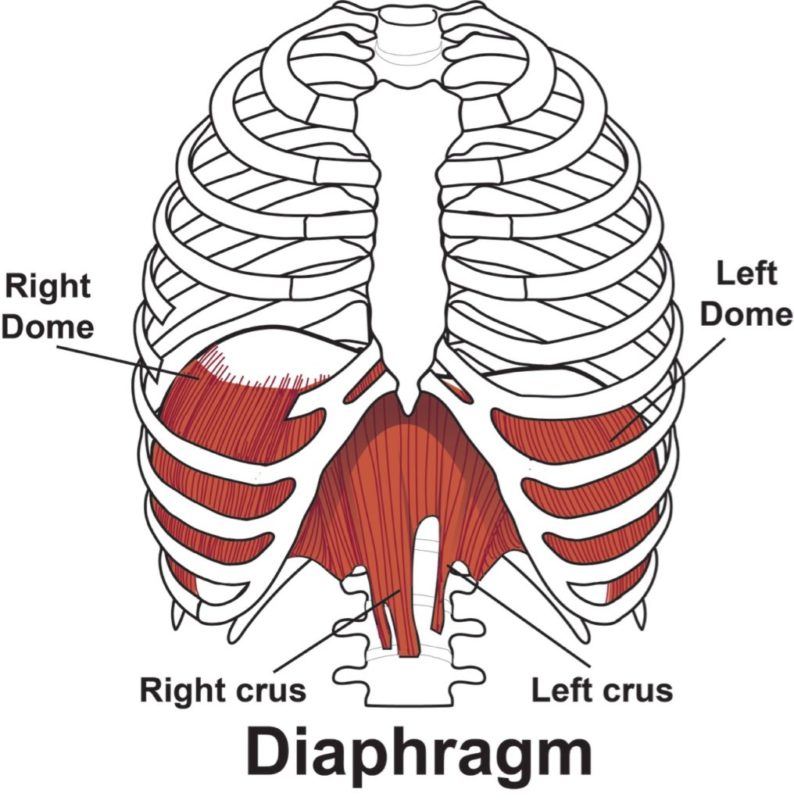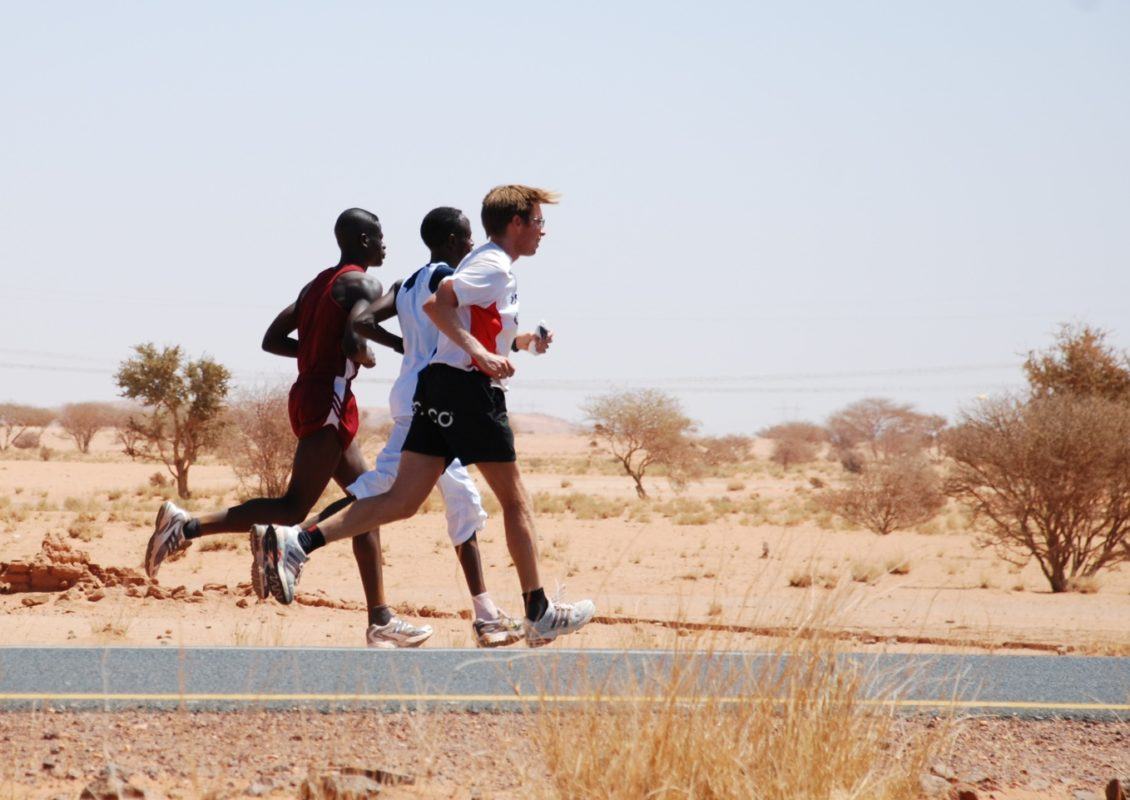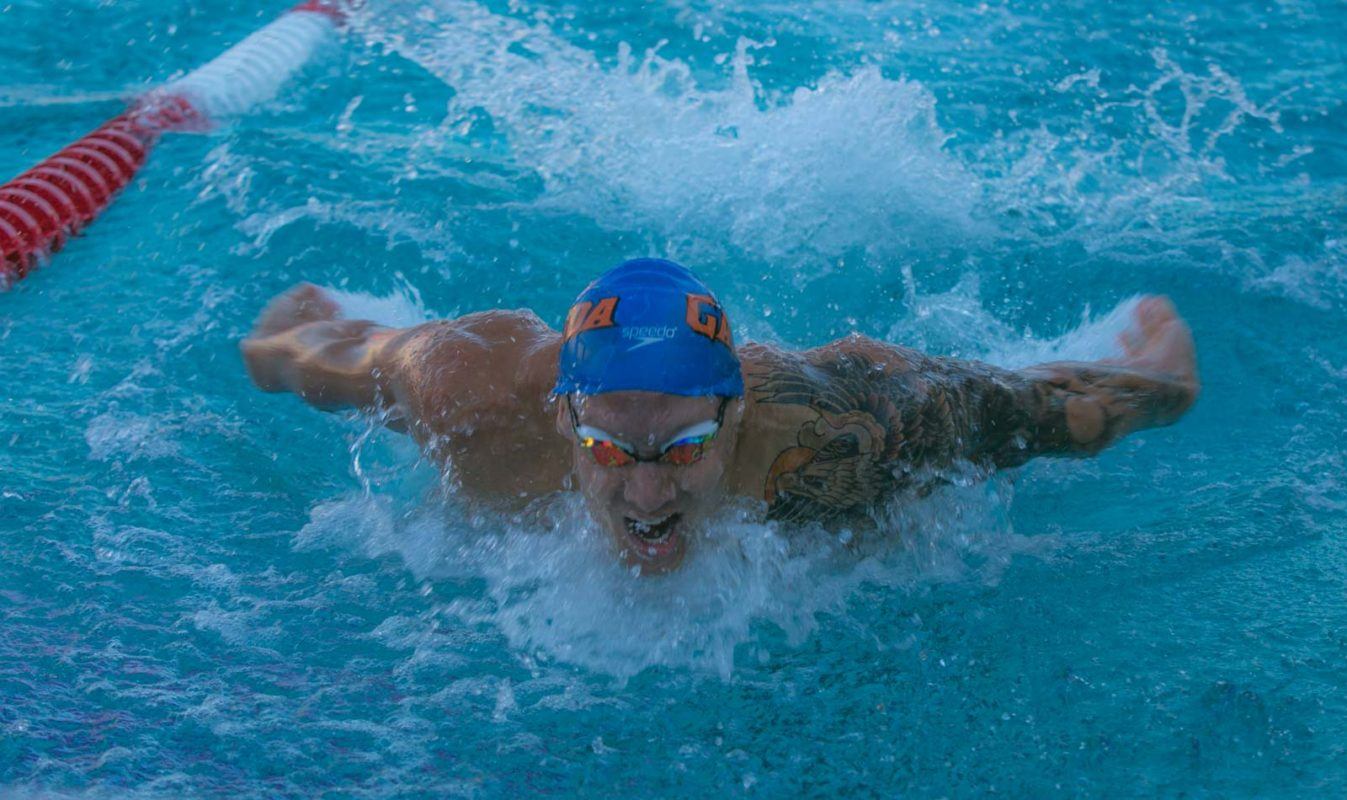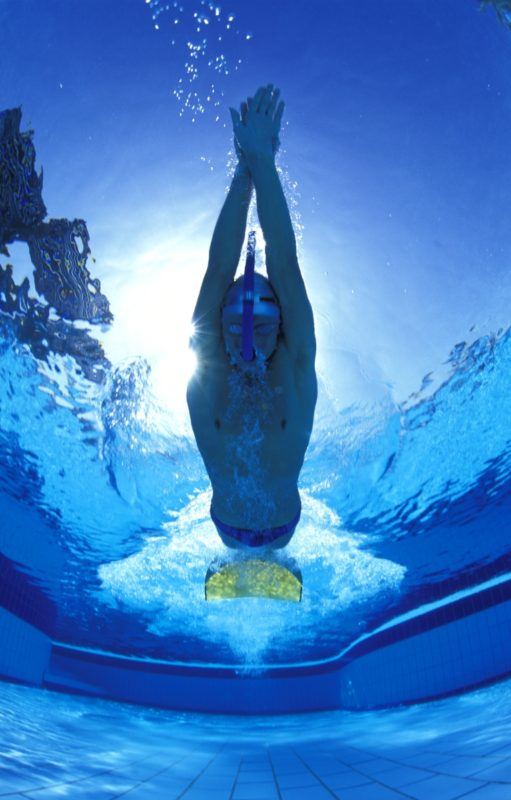Health & Rehabilitation, Breath Holding
Breath Holding and the Tokyo Olympics
With five gold medals at the Tokyo 2020 Olympics, American swimmer Caeleb Dressel has been the talk of the event. His success is not a flash in the pan. Dressel already showed great promise in 2016 with two gold medals and his breath holding technique.
Every breath counts!
Dressel is a sprint swimmer that specializes in freestyle and butterfly sprint events. For sprinters, every breath counts – but not for the reason you think. Every time you take a breath, there is a chance to breathe sub-optimally. As a sprint is over before you know it, there are not a lot of breaths to take, one mishap means game over.
Athletes and coaches have been focusing on breathing techniques in the last decade. Many of them are already familiar with breathing less – opting to breathe every three strokes instead of five to reduce inspiratory muscle fatigue. Caeleb Dressel prefers to not breathe at all for the last 25 yards – and does a voluntary breath hold instead.

Why breathing more is not always better
According to Dr. Mitch Lomax, a leading researcher on inspiratory muscle fatigue, breathing less is a toss-up for competitive swimmers. Each breath can possibly disrupt the stroke mechanics. On the other hand, muscles require oxygen to function optimally. Holding the breath completely requires the body to become tolerant to the build-up of CO2 in the bloodstream. It’s not the lack of oxygen, but the increase of carbon dioxide that drives the urge to breathe.
Holding your breath during heavy physical activity is a double challenge as the muscles are using oxygen while there is no fresh supply. It’s for this reason that not all swimmers employ breath holding – as in the worst situation, you experience a blackout and in the water, this can be fatal.
It’s also a test of mental strength – as holding your breath is hardest at the end of the sprint where the discomfort and fatigue is the highest.

Improving your CO2 tolerance
The great thing is that breath holding can be trained without even getting your feet wet. Even if you are not looking to become an Olympic champion, breath hold training offers many advantages for daily life:
- Reduce stress and lower your heart rate
- Increase your mental toughness – and make better decisions under pressure
- Make your body and mind more resilient – and boost your immune system
- Improve athletic performance as your body becomes more CO2 tolerant

Breatheology Courses
Learn and master conscious breathing through our online breathwork courses. Discover how simple yet powerful breathing techniques can help reduce stress, improve your mental clarity, and boost your physical performance.
Free Breathwork Courses
Kickstart your breath training journey with our free, step-by-step breathing programs designed to help you improve lung capacity, manage stress, and build focus.
Advanced Breathwork Training
Take your breathing mastery to the next level with our advanced breathwork training programs. Build resilience, enhance your endurance, and unlock greater physical and mental performance.

